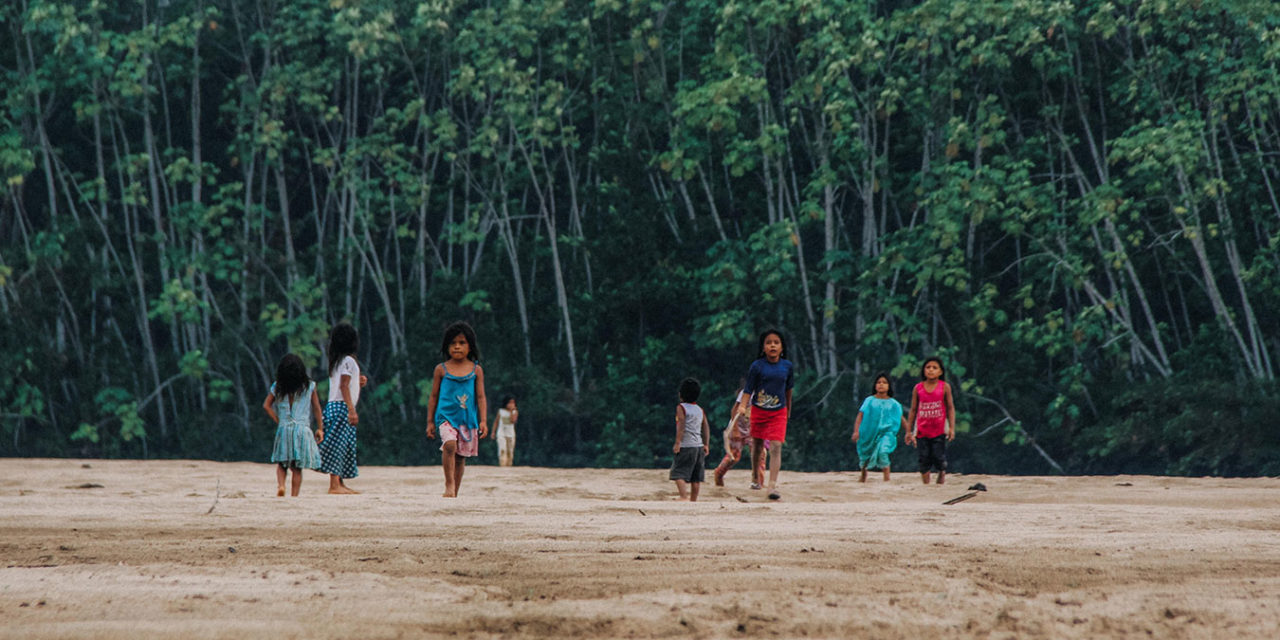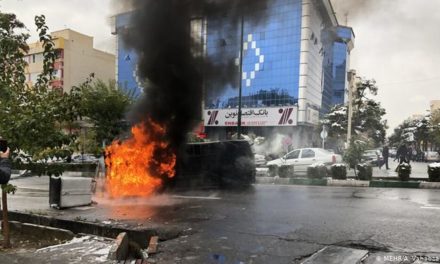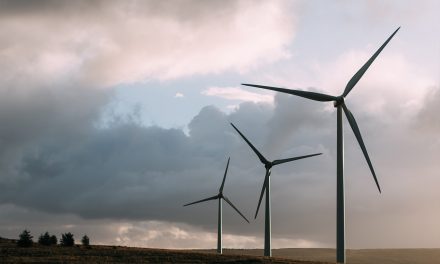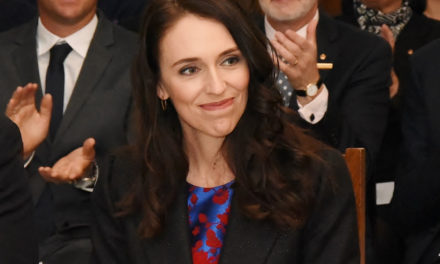Monica de Bolle, a prominent American economist, has warned that the Amazon rainforest is just two years away from an irreversible tipping point where it will stop producing enough rain to sustain itself and gradually degrade into a drier savannah.
De Bolle, who is a senior fellow at the Peterson Institute for International Economics in Washington DC, believes this tipping point could be reached in just a couple of years if soaring deforestation and the destructive environmental policies of President Jair Bolsonaro are not curbed.
If the existing rainforest started to degrade into Savanah, then as well as instigating a loss of habitat and a decline in biodiversity it would disrupt the weather across South America and also release billions of tonnes of carbon into the atmosphere and further exasperate global heating.
“It’s a stock, so like any stock, you run it down, run it down – then suddenly you don’t have any more of it,” said de Bolle, who is an economist and not a climate scientist.
De Bolle’s projection has caused controversy among some climate scientists who believe that the tipping point is still 15-20 years away.
One such scientist, Carlos Nobre, one of Brazil’s leading climate researchers at the University of Sao Paulo’s Institute for Advanced Studies, questioned de Bolle’s calculation that deforestation in the Amazon would increase from its current rate of 18,000 km2 to 70,000 km2 by 2021.
Nobre has said previously that the tipping point in the Amazon would be reached when 20% to 25% of the rainforest has been felled, which is predicted 20 years from now. At the moment about 17% is deforested.
“It seems very improbable to me – the projected deforestation increase is more an economic calculation than ecological. We are seeing an increase in deforestation, I am not questioning this,” he said.
However, he added: “The Amazon is already 17% deforested, so when you calculate at the current rate of deforestation, this 20% to 25% is reached in 15 to 20 years. I hope she is wrong. If she is right, it is the end of the world,” he said.
Sings are Already There
But Thomas Lovejoy, a well-known American biologist, and professor at George Mason University in Fairfax, Virginia, believes that de Bolle’s prediction may come true. Lovejoy believes that we are already at the cusp of the tipping point and that accelerated rates of deforestation and the recent fires have speeded the rainforest’s destruction, which is proven by a number of droughts in recent years.
“We are seeing the first flickering of that tipping. Its sort of like a seal trying to balance a rubber ball on its nose…the only sensible thing to do is to do some reforestation and build back that margin of safety,” he said.
Under the Paris climate deal, agreed in 2015, Brazil’s former leftist President Dilma Rousseff agreed to reforest 12m hectares and end illegal deforestation by 2030.
But under the current president Bolsonaro, these promises have gone out of the window. Since he took office in January, deforestation has mushroomed and the INPE, Brazil’s space research institute, which monitors the rainforest with satellites reported that deforestation in August 2019 was 222% more than in 2018.
Bolsonaro’s government has promised that it will develop the Amazon and has approved plans to allow mining on indigenous reserves. Ricardo Selles, his environment minister, has met wildcat miners and loggers, while the number of illegal fires, most of which were started by farmers, has soared this year.
Meanwhile, the Amazon Fund is also in jeopardy. The fund is to help Brazil protect the rainforest and is primarily financed by Germany and Norway; both countries suspended payments in August because of a massive rise in illegal deforestation.
- Why is California So at Risk from Wildfires? - 13th November 2019
- Carbon Offsetting is Growing but Does it Make a Difference? - 11th November 2019
- Three Confirmed Dead as Australia Prepares for “Catastrophic” Bushfires - 11th November 2019






